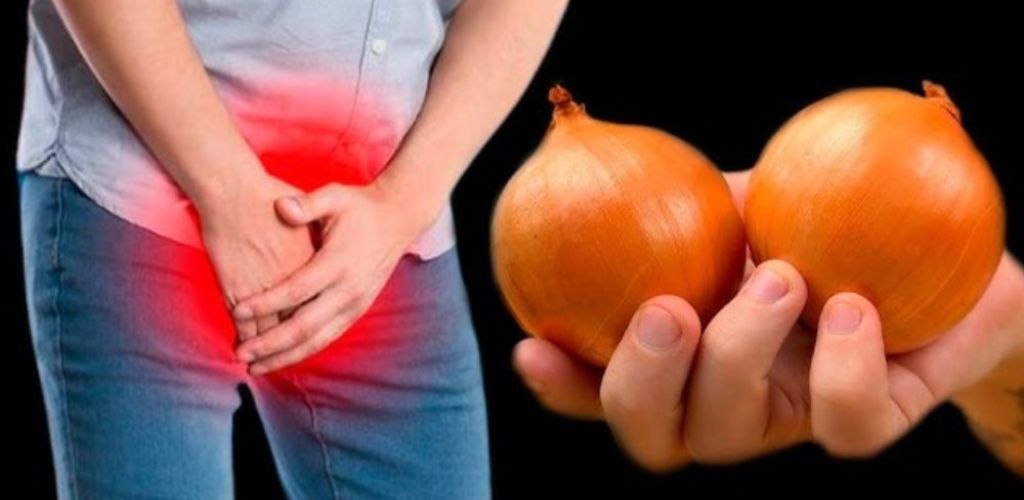For a healthy bladder and prostate! 
 An old recipe solves an unpleasant problem surprisingly quickly
An old recipe solves an unpleasant problem surprisingly quickly
While an “old recipe” promising quick relief for bladder and prostate issues sounds appealing, it’s essential to be cautious about unsubstantiated claims, especially those related to health. It’s always best to consult a healthcare professional for any persistent or concerning symptoms related to your bladder or prostate. They can provide an accurate diagnosis and recommend evidence-based treatments.
However, some natural remedies and dietary changes have traditionally been used and are being studied for their potential benefits in supporting bladder and prostate health. Here are a few possibilities that might be part of an “old recipe”:
For Prostate Health:
- Pumpkin Seeds: Rich in zinc, which is important for prostate health. They also contain phytosterols, which may help reduce symptoms of benign prostatic hyperplasia (BPH). Some traditional remedies might involve consuming pumpkin seeds or pumpkin seed oil.
- Saw Palmetto: This herbal supplement is derived from the fruit of a specific palm tree and has been traditionally used for urinary symptoms associated with an enlarged prostate. Some studies suggest it may help, but the evidence is not conclusive.
- Stinging Nettle: The root of the stinging nettle plant has been used traditionally to improve urinary symptoms related to BPH.
- Tomatoes and Lycopene: Lycopene, a powerful antioxidant found in tomatoes, has been linked to prostate health.
- Onions and Garlic: Some research suggests that a higher intake of onions and garlic might be associated with a lower risk of BPH.
For Bladder Health:
- Cranberries: Traditionally used to prevent urinary tract infections (UTIs) by potentially preventing bacteria from adhering to the bladder walls. While the evidence for treating existing UTIs is weak, some studies suggest a benefit for preventing recurrent infections in some women.
- Water: Staying well-hydrated is crucial for bladder health as it helps to dilute urine and flush out bacteria.
- Herbs with diuretic properties: Some traditional remedies might include herbs like parsley or dandelion, which are thought to increase urine flow.
Important Considerations:
- Consult a Doctor: Before trying any new remedies, especially if you have existing health conditions or are taking medications, it’s crucial to talk to your doctor. They can advise you on potential interactions and ensure the remedy is appropriate for you.
- Evidence-Based Information: While traditional remedies have been used for generations, scientific evidence supporting their effectiveness can vary. Look for information from reputable sources and be wary of claims that sound too good to be true.
- Not a Replacement for Medical Treatment: Natural remedies should not be considered a substitute for conventional medical treatment, especially for serious conditions like prostate enlargement or UTIs.
It’s possible that the “old recipe” you heard about involves one or a combination of these ingredients. However, without knowing the specifics, it’s hard to say for sure. Always prioritize your health and seek professional medical advice when needed.


